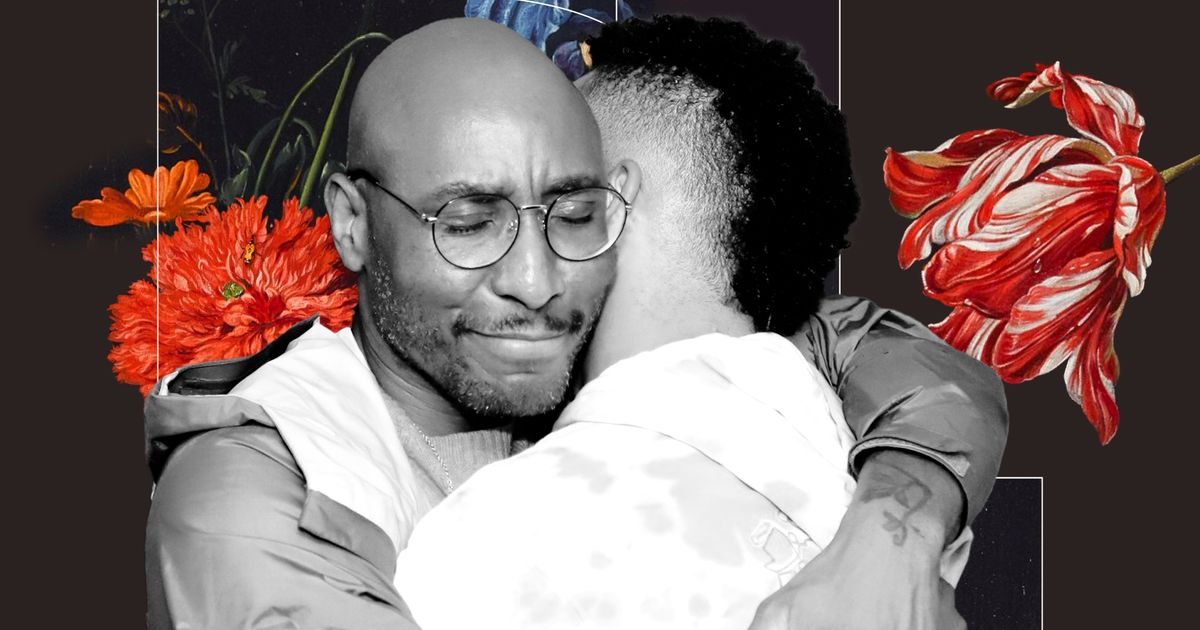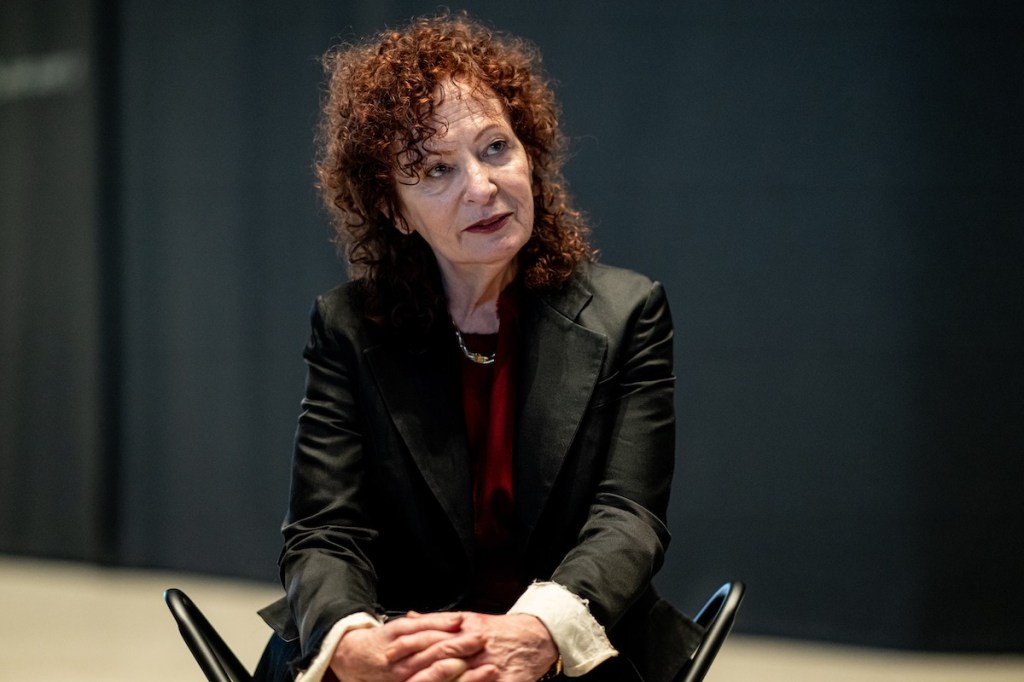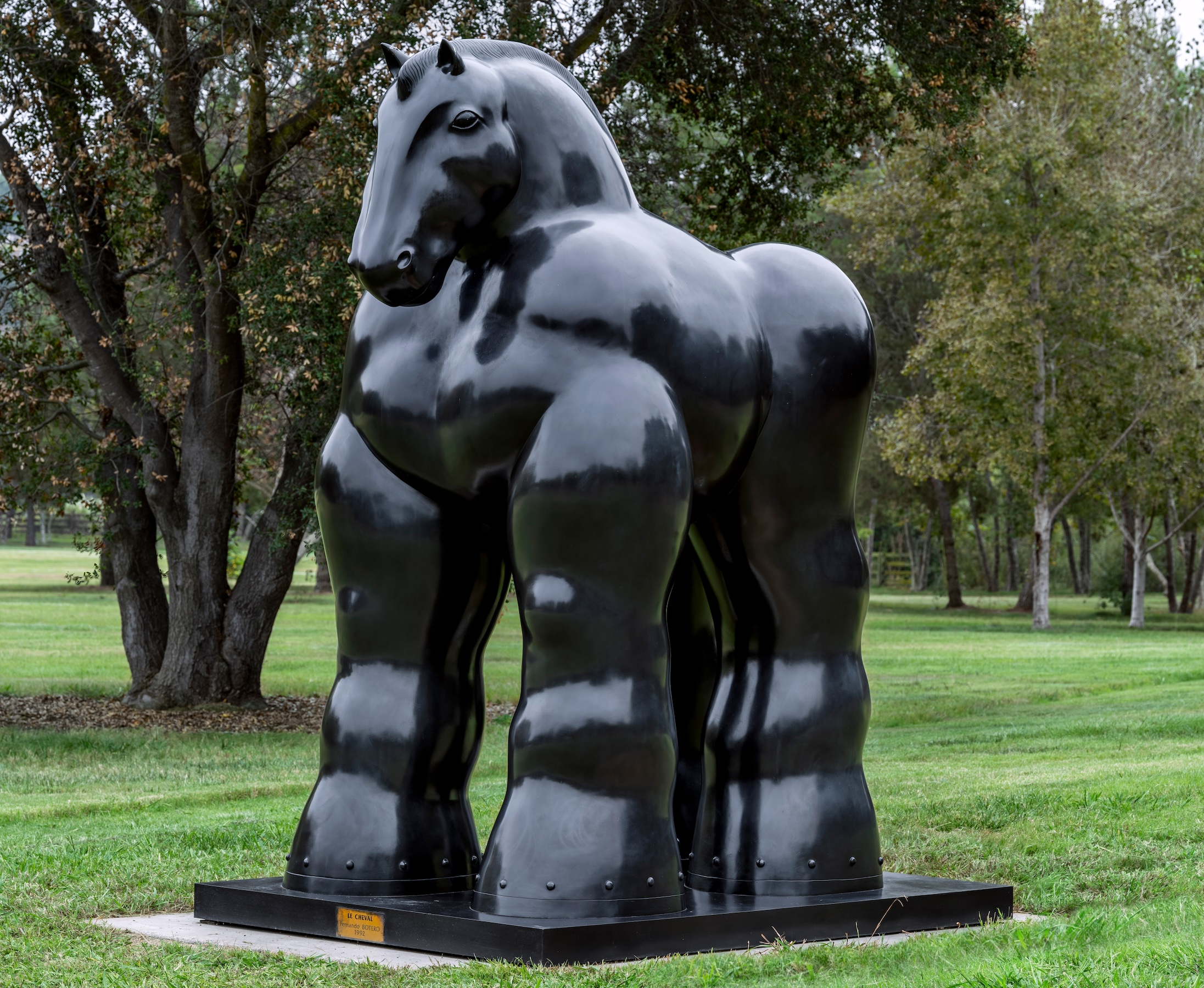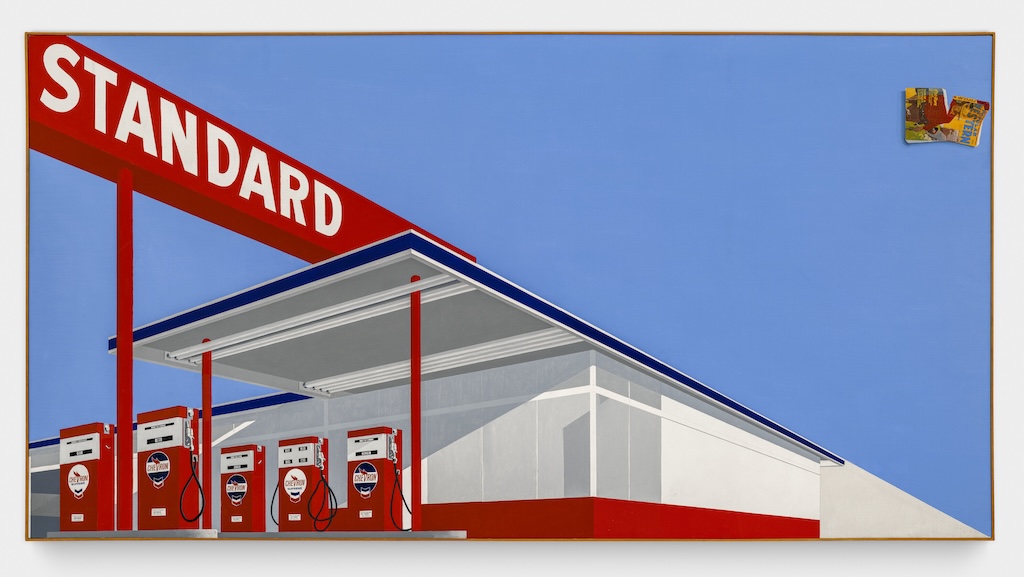This Black Queer Community Is Starting A Revolution Of Self-Love
The Blackyard Collective allows people recovering from an addiction to show up just as they are.
by Delano Burrowes
Published Feb. 13, 2024
Twenty-five Black queer folks walking down a Provincetown street come with celebrity-level attention. The Massachusetts tourist town is a queer wonderland and also very white, so mouths gaped and eyes narrowed as onlookers tried to figure out who we were and why we were there.
I was annoyed watching them watching us — and especially irritated by their sexualized comments. But I surprised myself by not being angry. Only later at our guesthouse did I realize why I wasn’t mad. Despite the ugly stares, we were being seen on our terms.
We were loud, blackity Black and unapologetically queer. We were showing up and showing out despite being conditioned that love and acceptance meant making those parts of ourselves smaller.
“It felt like we were in a circus,” Jose told me of that day. “But it was also empowering — like a radical invasion.”
That was in 2021 on a weekend retreat with a group of Black queer people recovering from addiction, who are all members of The Blackyard Collective. We are Black queer folks allowing ourselves to be seen, and that is a revolution in self-love.
That weekend, we were invading not just a town but also places deep within each of us.
And it was just the beginning.
Last year, we became an official nonprofit organization where “Black queer joy is revived and renewed.” Our online series of workshops, Blackyard Collective Conversations, starts this month; Dr. Alfonso Ferguson will facilitate the first workshop about cultivating self-love. In 2025, we plan to host our first national conference, and we want to organize mutual aid funds for people in need.
We live in a country that has pathologized and criminalized certain identities, and it’s impossible not to absorb some of that conditioning. We are told that our Blackness or queerness or transness — and sometimes all of them at once — is bad. We’re always conscious of how we’re being seen and interpreted, and we learn to wear masks for survival.
Our common solution for escaping that internal conflict is what brought us together.
Fifteen years ago, recovery spaces, even in New York City, were very white, and it was rare to see other Black faces in these programs. In traditional 12-step programs, there’s often a one-size-fits-all attitude that assumes equal playing fields for recovery.
A common saying in these recovery spaces instructs us not to bring “outside issues” to the recovery room. But that’s challenging when you encounter daily reminders that your existence is seen as a problem.
“It is necessary to constantly remind ourselves that we are not an abomination,” wrote Black queer filmmaker Marlon Riggs.
Maybe my default is believing I’m an abomination.
In recovery, I was told to be vulnerable, but there was only so much I could share with the same people who objectified, fetishized and refused to see me as human.
A few of us decided to create a space for recovering Black queer folks to get together in a space cultivated for us and by us.
In February 2016, about six folks gathered in a Harlem backyard, and it seemed like we would never break the ice. We tip-toed around our issues and were afraid to tell our true stories. We all wore masks, and it was hard to remove them; it was almost harder to let in the people who knew the truth behind the facades.
But we kept going. On the first Sunday of each month, we debated whether sugar belongs on grits (it doesn’t) before talking about internalized bias. We shared our favorite episodes of “A Different World” and our struggles with interracial dating. Each revelation brought nods of recognition. And those seeds of understanding helped The Blackyard Collective become what it is today.
“The Blackyard Collective is ‘Drag Race’ and James Baldwin. Breonna Taylor and double-dutch. Black-eyed peas and chitlins on New Year’s Day. Desiring love but not knowing how to start with ourselves.”
The Blackyard Collective is “Drag Race” and James Baldwin. Breonna Taylor and double-dutch. Elijah McClain and Miss Mary Mack. Black-eyed peas and chitlins on New Year’s Day. Wanting to disappear and wanting to be seen. Desiring love but not knowing how to start with ourselves.
During the pandemic, the brunches became virtual meetings, and people from all over the world — Switzerland, Canada, England and Germany — started popping in. The first look was often wide-eyed wonder.
“All those Black faces on the screen — I had to turn off my camera ’cause I started crying from the beauty of it,” Rob said.
When quarantine ended, we began hosting annual Juneteenth celebrations and P-town retreats, and people were opening up in new ways.
Black queer joy was a new sober tool helping people recover.
“The challenge with self-love is looking in the mirror,” Jose said.
As a child, mirrors betrayed me. I was polite with a high, non-threatening voice, but my mahogany skin and wide nose told me why people treated me differently from white friends. My eyes were the biggest betrayer. No matter how wide the grin, my eyes looked defeated, on guard to disarm perceptions of me.
“Mirrors are still hard for me,” Asherve agrees. “The mirror can tell me, ‘You’re too Black, not good, unworthy of love. You should just go back to using drugs.’”
Recovery isn’t about never wanting to use drugs or drink. Instead, I accept that using may be my default solution to emotions. But I also know that part of recovery is being able to pause, consider the consequences and explore what’s going on below the surface.
The Blackyard Collective exists in that pause.
I can replace feelings of rejection and pause to remember seeing the brilliant Black queer musical “Strange Loop” when creator Michael R. Jackson and the cast came out to take photos with us.
“That was my first time seeing a Broadway show, and there were people that looked like me up there. It was magical,” Jamie remembers.
When I hear an inner dialogue of unlovability and disconnection, I can pause and see Jamie twirling her fan on Fire Island or Carlos imitating Jenifer Lewis in a Provincetown lounge chair.
The deaths of Michael and Chris’s moms are also in the pause, but so is Damian’s marriage and Tyrone and Henian’s acceptance into graduate school.
The pause is where self-love begins. I’ve allowed myself to let in those who see me and hold me up when I want to run or pick up my calls when I want to cry.
“To look in the mirror today, my eyes have gotten kinder,” Damian said.
When I reflect on that day, we were walking through Provincetown, and I now know that they stare at us because they’re used to seeing Black pain.
But with The Blackyard Collective, we’re bringing Black-on-Black love that’s not dependent on their approval — and it feels real real good.










